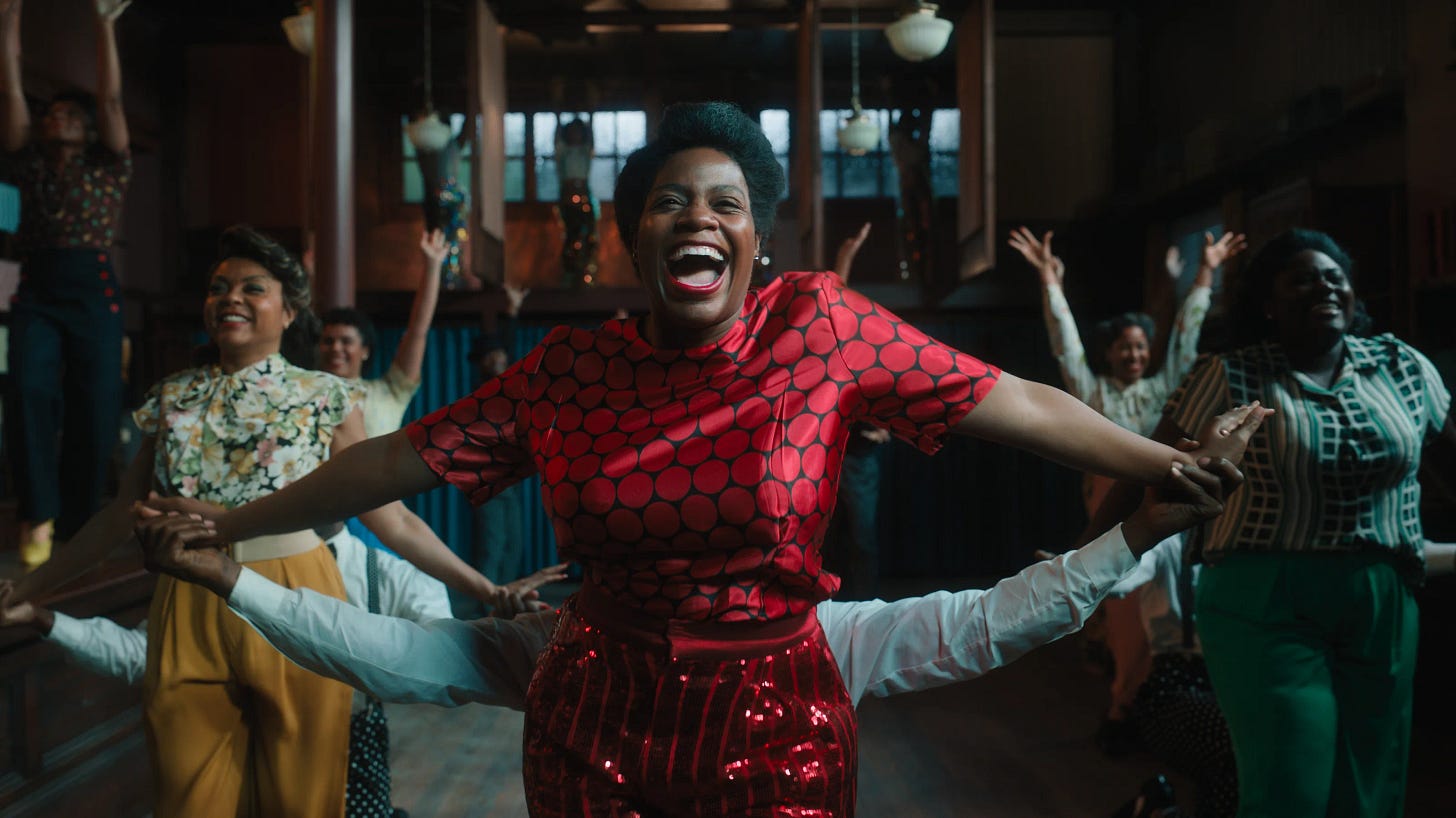Blitz Bazawule’s big-screen adaptation of Alice Walker’s 1982 Pulitzer Prize-winning novel The Color Purple and its 2005 musical theater production (featuring a book by Marsha Norman and music and lyrics by Brenda Russell, Allee Willis, and Stephen Bray) is basically echo-chamber karaoke. The film knows the words and tunes but, with rare exception, lacks the passion and the perspective to make them truly resonate.
Walker’s book charted the emotional, sexual, and implicitly political coming of age of an African-American girl named Celie, whose life in rural, early-20th-century Georgia is several tiers below hell. She’s borne two children by a man, Alphonso, who beats and rapes her, and whom she knows as her father. And then a barbaric farmer known as Mister comes calling. He has eyes for Celie’s sister, Nettie, but Alphonso pawns off Celie instead, women being, in the eyes of these men, chattel-like property with inarguable coital benefits.
The book is written in epistolary style, with Celie addressing an unseen God throughout. As the story goes on and Celie gains in self-confidence and means of expression, the language becomes richer and more assured. Literacy is one of the novel’s primary themes—the knowledge of both actual words and of the multifaceted human spirit (romantic and reverent, carnal and philosophical) that animates them. Out of this interplay comes liberation from the world’s various oppressions, be they via external persecutors or dejectedly self-imposed.
Fun stuff for a musical, in other words.




